
Patients treated with ALZ-801 showed improvements in cognition, reduced brain atrophy, and maintained dementia rating stages.

Patients treated with ALZ-801 showed improvements in cognition, reduced brain atrophy, and maintained dementia rating stages.

The professor of neurology at the NYU Grossman School of Medicine discussed a study presented at AAN 2024 highlighting the risks of cannabis use in patients with multiple sclerosis. [WATCH TIME: 4 minutes]

An analysis of a phase 3 trial of low sodium oxybate in patients with idiopathic hypersomnia identified a minimal clinically important difference in the visual analog scale for sleep inertia.
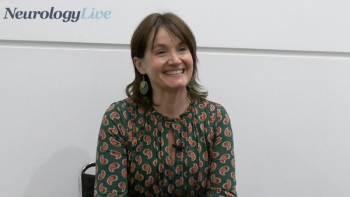
The associate professor of neurology at University of California, San Francisco talked about findings from an analysis that assessed the safety of ocrelizumab when administered close to pregnancy. [WATCH TIME: 5 minutes]

A phase 3b study showed that switching from intravenous C5 inhibitors to subcutaneous zilucoplan in patients with myasthenia gravis was associated with symptom improvement at 12 weeks.

Over 2, phase 3 studies, brexpiprazole-treated patients demonstrated greater response rates across various levels on the Cohen-Mansfield Agitation Index and Clinical Impression Scale-Improvement assessment.

Combination of atogepant and ubrogepant resulted in minimal adverse events, and were safe and well-tolerated over a 12-week period.
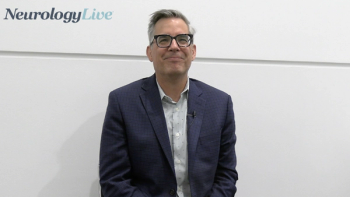
The executive vice president of research at National MS Society talked about the Dystel Prize which is presented at AAN to a recognized individual who promotes further advancements in understanding and treating MS. [WATCH TIME: 3 minutes]

Results showed consistent reductions in monthly migraine days over 48 weeks, with a favorable safety profile observed.
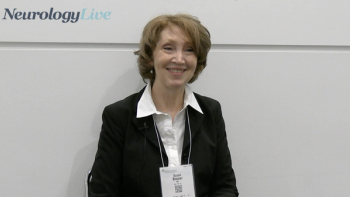
The medical director of the Weill Cornell Medicine Headache Program discussed key essential knowledge on the diagnosis, treatment, and pathophysiology of different headache types. [WATCH TIME: 6 minutes]
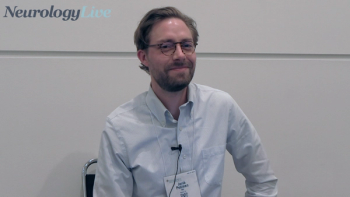
The assistant professor of neurology at University of Colorado School of Medicine discussed findings on the impact of cenobamate on hospital visits and emergency care for patients with drug-resistant epilepsy following surgery. [WATCH TIME: 3 minutes]

The director of the Allegheny Multiple Sclerosis Treatment Center at Allegheny General Hospital discussed exploring the potential role of BTK inhibitors and advanced MRI techniques to address smoldering multiple sclerosis. [WATCH TIME: 10 minutes]

Even at the highest modal dose range, findings from the phase 3 RISE-PD trial showed that IPX203 did not increase safety risks for patients with Parkinson disease over time.

New findings from the phase 3 PROOF-HD trial showed that pridopidine outperformed placebo up to 78 weeks in patients with Huntington disease even after excluding those on neuroleptics and antichorea medications.

Patients on riliprubart demonstrated improvements on several measures of disability and impairment, including the INCAT, I-RODS, MRC-SS, and grip strength.

Patients with first MS symptoms less than 3 years prior to enrollment saw greater long-term benefits with ublituximab than those with longer disease course.

In the phase 3 MOMENTUM and INTERCEPT studies, patients treated with AXS-07 saw reductions in headache pain freedom, most bothersome symptoms, and use of rescue medications.
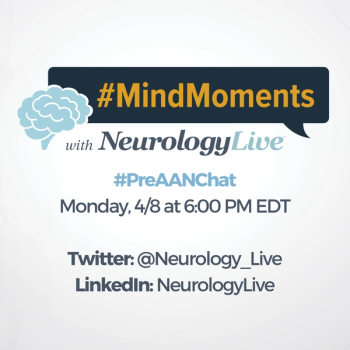
Join us on April 8 on our LinkedIn and X pages for our #PreAANChat premeeting social chat ahead of the 2024 American Academy of Neurology Annual Meeting!
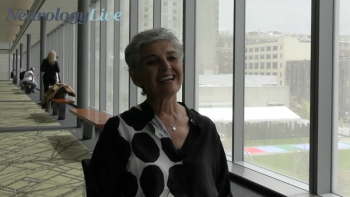
The head of CRCSEP and coordinator of the Neurosciences Research Unit at Paris City University discussed the positive results of teriflunomide in treating radiologically isolated syndrome, a preclinical stage of multiple sclerosis. [WATCH TIME: 4 minutes]
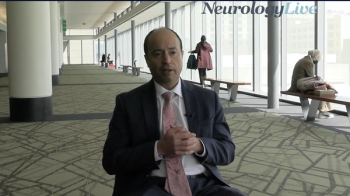
The director of the James J. and Joan A. Gardner Family Center discussed data from the phase 3 BouNDless trial assessing a continuous, subcutaneous levodopa/carbidopa delivery system for patients with Parkinson disease experiencing motor fluctuations. [WATCH TIME: 3 minutes]
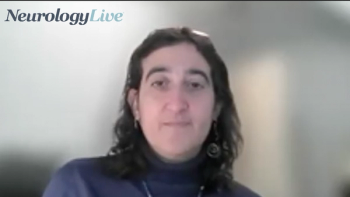
The consultant and founder of Accelerating NeuroVentures talked about the pridopidine arm from the HEALEY ALS Platform trial, which showed significant benefits in speech measures. [WATCH TIME: 5 minutes]
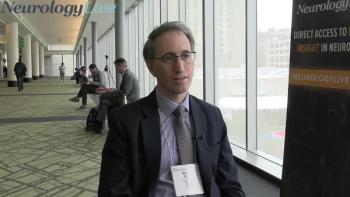
The senior academic at the University of Sydney provided perspective on the role of CNM-Au8 in MS among a crowded treatment landscape, and the need for adjuvant treatments that address lingering lesion burden. [WATCH TIME: 3 minutes]

The assistant professor of neurology at the University of North Carolina at Chapel Hill discussed the importance of recognizing disability as part of diversity in neurology, emphasizing the need for inclusive communication and accessibility for disabled patients. [WATCH TIME: 10 minutes]

Mind Moments®, a podcast from NeurologyLive®, brings you an exclusive interview with James Berry, MD, PhD. [LISTEN TIME: 14 minutes]

Anand Patel, MD, CPI, chief medical officer at Conquest Research, discussed a phase 2 study that investigated the efficacy and safety of LX9211, an oral medication targeting neuropathic pain.
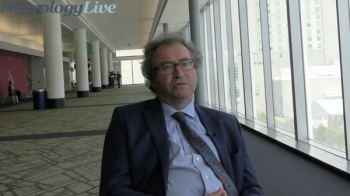
The director of the Mayo Clinic Center for Multiple Sclerosis and Autoimmune Neurology provided commentary on the possibility of preventing NMOSD, and the need to improve access to approved therapies and AQP4 testing. [WATCH TIME: 3 minutes]
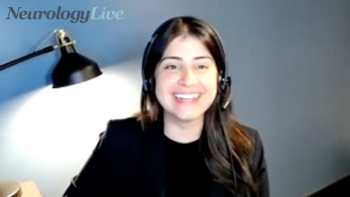
The neurology PGY-3 at Mayo Clinic in Arizona talked about findings from a retrospective cohort study that examined blood pressure in patients who were prescribed a migraine medication. [WATCH TIME: 6 minutes]
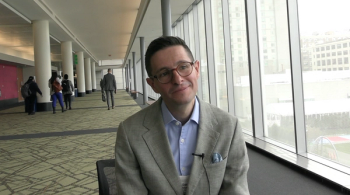
The associate professor of neurology at the Cleveland Clinic Lerner College of Medicine provided insight on the necessary research needed to understand why certain races experience more significant multiple sclerosis disease progress. [WATCH TIME: 4 minutes]

The director of the Sleep Disorders Center and staff in the Epilepsy Center at Cleveland Clinic provided perspective on the current state of sleep and epilepsy research, including the role of postical generalized EEG suppression as a biomarker for SUDEP.
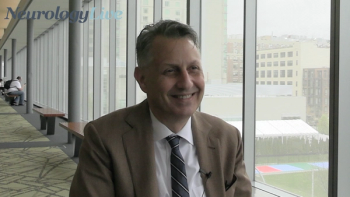
At the 2023 AAN Annual Meeting, the neuromuscular disease specialist and professor of neurology at the University of Kansas Medical Center talked about the phase 3 study investigating ataluren for Duchenne muscular dystrophy. [WATCH TIME: 5 minutes]